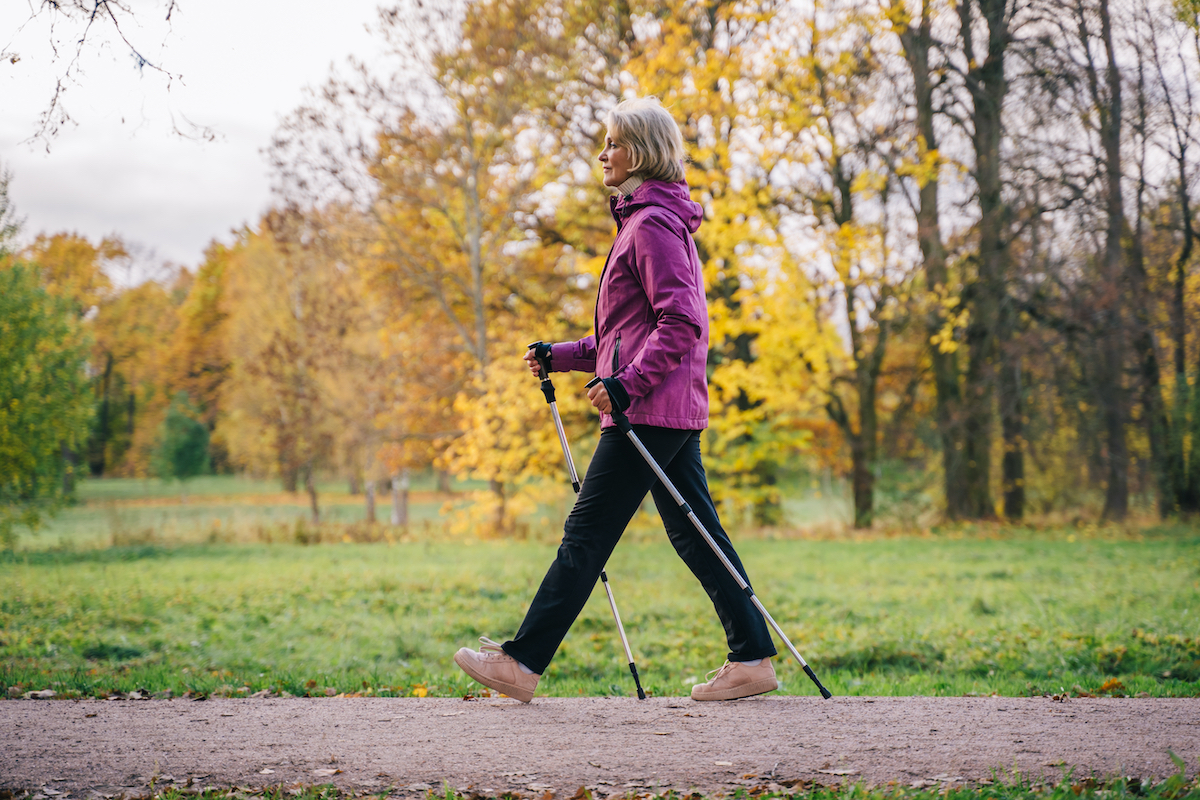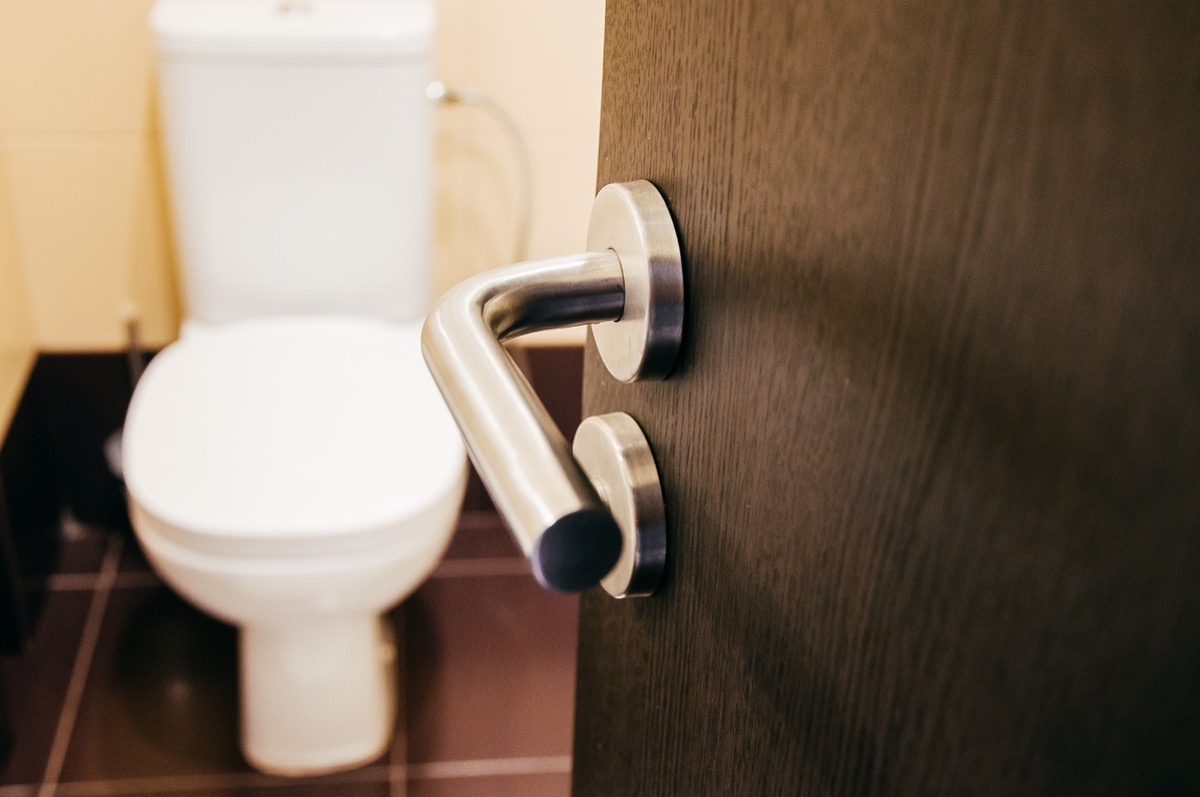
Whether you’re a newcomer to walking workouts or you’ve been a fan for years, you probably know about the benefits of walking for better health. But are you walking enough to actually enjoy those benefits? This question is important given the largely sedentary lifestyle of most Americans, and the fact that many of us are still working from home at least a few days a week.
One of the most common signs that people are too sedentary and need to walk more is light pain or discomfort, says Erica Ziel, a certified personal trainer and Pilates instructor. (Common examples of this are stiffness or soreness in the joints and the lower back, trainer Lisa Herrington previously told ETNT.)
Walking and other movement plays a huge role in a person’s quality of life, adds Ziel. “As people become more sedentary… their quality of life and overall health can decline.” An inactive lifestyle can increase the risk of heart disease, high blood pressure, osteoporosis, depression and anxiety, and other chronic health conditions. That’s why it’s crucial to incorporate as much physical activity into your day-to-day activities that your body is capable of. Aim for at least 150 minutes of moderate-intensity activity per week, as recommended by the Centers of Disease Control and Prevention (CDC).
You don’t have to have long dedicated sweat sessions to hit that mark, either. Ziel says she often encounters clients who have an “all or nothing” mentality with fitness—that if they can’t work out how they like for a specific amount of dedicated time, they won’t do it at all. But she says doing nothing isn’t doing anyone good, so don’t hold out for the “perfect” workout. Doing 10, 15, or 20 minutes of movement on a regular basis can go a long way.
But soreness isn’t the only sign that you need to start walking more. Here are some other hints to step it up, according to science. And for more intel on the perks of walking, check out the Secret Side Effects of Walking on the Beach.
You don’t hit 8,000 steps per day

The whole “10,000 steps a day” thing has been proven to be a well-intentioned myth. But recent research shows that people who take 7,500 to 8,000 steps per day (about four miles) tend to live longer lives and have less risk of heart health issues compared to people who walk half that amount per day. If you’re regularly not hitting 8K steps per day, consider this your incentive to try and walk more. Speaking of walking, don’t forget to read What Walking Faster Does to Your Body.
You’re having trouble sleeping

Exercise has long been associated with better sleep, and walking is no exception. A small 2019 study published in Sleep Health found that participants who took more steps throughout the month had a better quality of sleep. If you’re struggling to get good shut-eye, a longer walk could be just what the doctor ordered. If you want more help drifting off to sleep, good news: This Super Trendy Sleep Trick Actually Works.)
You struggle doing everyday tasks

For older clients, Ziel says she also looks at their existing mobility. “If they have a hard time walking very far, or something hurts, or it doesn’t feel good for them,” she says, that could be a sign that they’re overly sedentary and could benefit from some more gentle movement like walking. If you’re a healthy, able-bodied adult and you’re struggling to do everyday things, you could benefit from more walking, too.
You’re constipated

Blocked up? Eat more fiber—and get moving. Lack of exercise is a common contributor to constipation, according to Harvard Health (along with dehydration and diet), but low-intensity exercise such as walking can help get things, ahem, moving again. Conversely, regular movement along with other lifestyle changes can help keep constipation at bay. Looking for other healthy living tips? Check out these Science-Backed Fitness Tricks That Add Years to Your Life.








